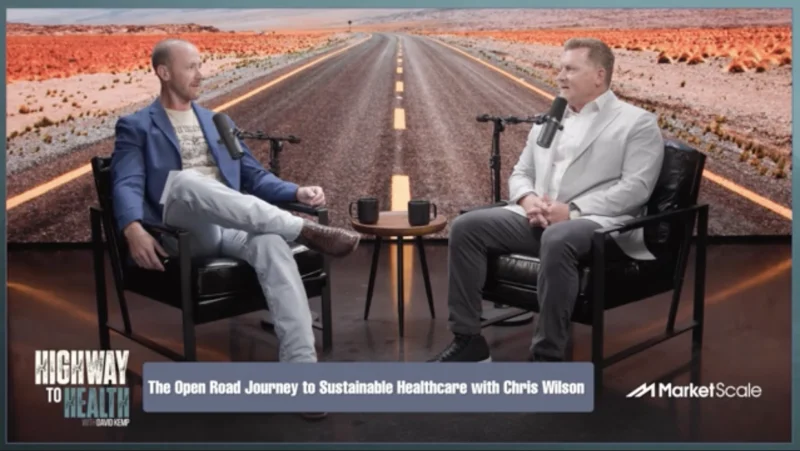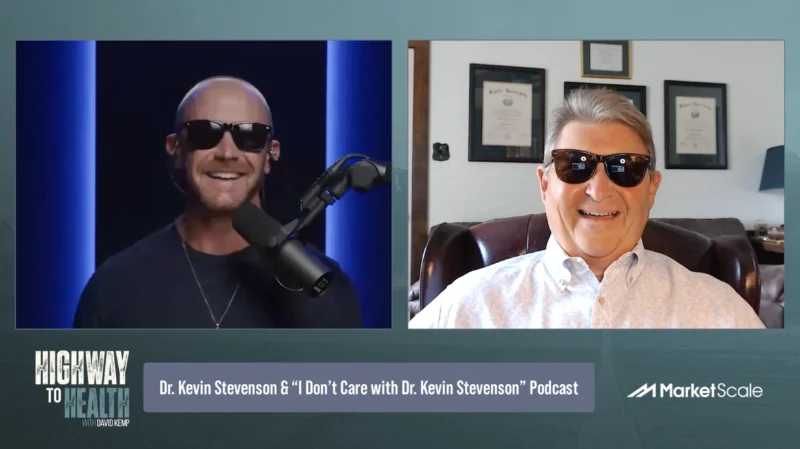A Fresh Take on Remote Care and Healthcare Disruption
The pandemic accelerated many industries around the world, one of which was the healthcare industry. Remote-care shot up throughout the pandemic, allowing more people to stay at home and get the care they needed. But while some clinics offer the tools necessary to continue providing accurate remote-care, improvements can still be made for diagnostic access. So, what are these improvements and how can they change the future vision of healthcare?
On today’s episode of Highway to Health, host David Kemp chats with James York, the Chief Commercial Officer of Molecular Testing Labs to share his knowledge on remote care, patient access, and healthcare disruption. York’s main point: healthcare should be accessibly decision-based. By providing healthcare professionals with the tools necessary for patients to make their own health-decisions and know the cost of their health, Molecular Testing Labs puts the care back into healthcare. Too often patients don’t pursue a potential health risk because of either the underlying cost or unknown outcome. This must change.
“All we’re trying to do is change the access point to diagnostics. So, innovation in our case is not looking at different gene sets and expanding our database on genes and what what they do. Innovation for us is just expanding access to diagnostics,” said York.
York is the Chief Commercial Officer at Molecular Testing Labs. Prior to his role as CCO, York was the Head of Business Development with Molecular Testing Labs. His many roles over the years include expertise in business development, sales, and leadership. He is a graduate of East Tennessee State University with a Bachelor’s in Exercise Physiology.
Molecular Testing Labs is a clinical and diagnostic lab partner, bringing more affordable and accessible care to patients. Through their diagnostics services, MTL supports healthcare clinics, university research centers, and state health departments through services like convenience collection kits.




